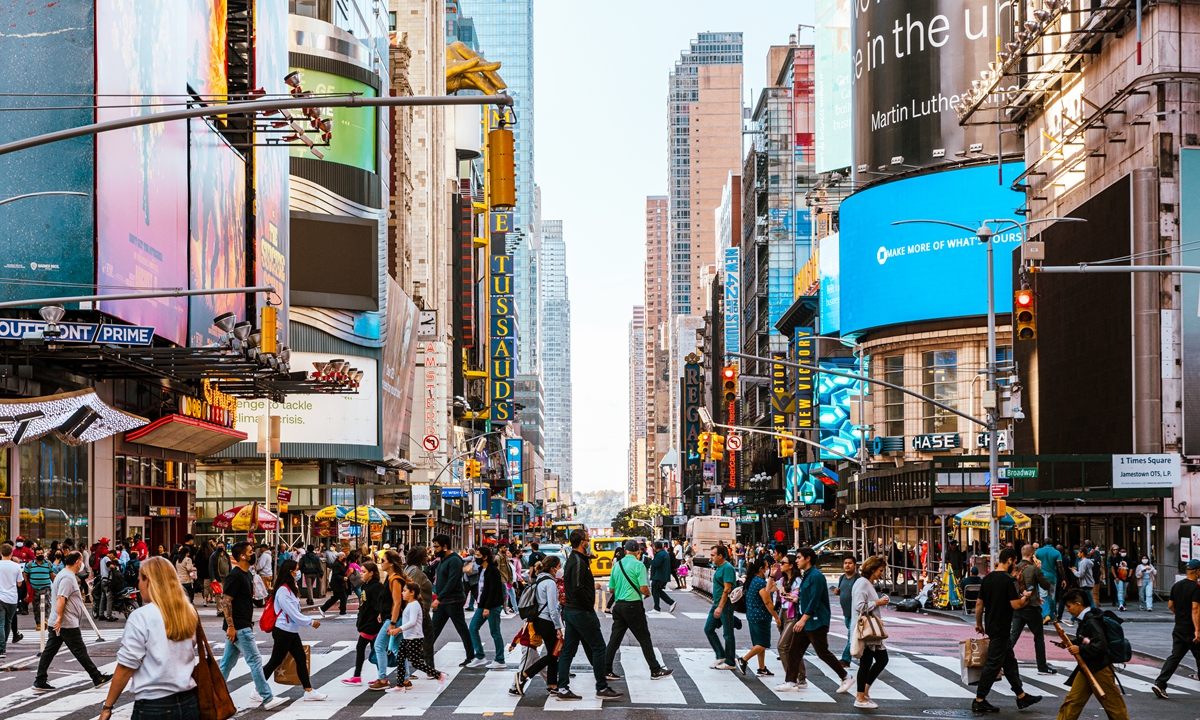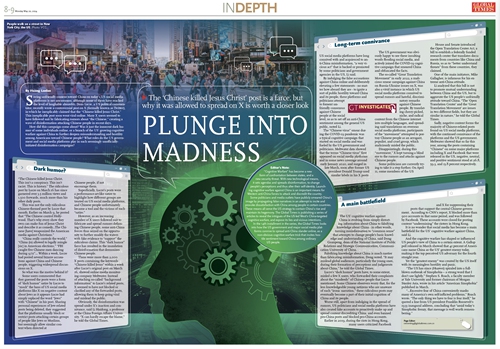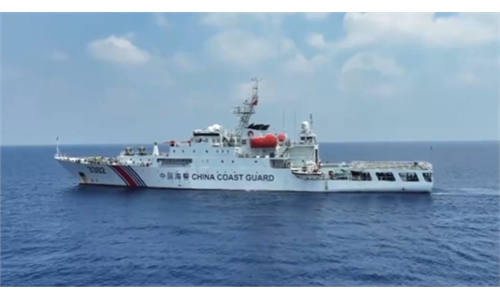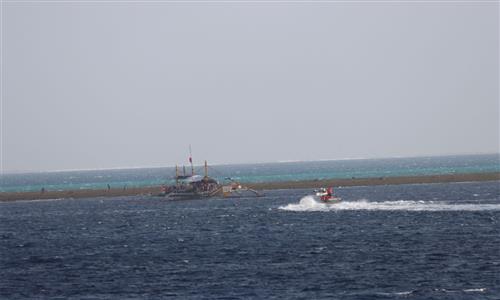WCEC expected to attract 4,500 entrepreneurs while benefiting the local economy this Sept
PETALING JAYA: The 17th World Chinese Entrepreneurs Convention (WCEC), scheduled for Sept 9 to 11 this year is expected to generate at least Rm2bil in business opportunities, coupled with spillover effects benefiting the local economy.
The convention is regarded as the most anticipated business event of the year due to its global reach, attracting 4,500 delegates from Asia, Europe, the Middle East, North and South America, Oceania and Africa to the Kuala Lumpur Convention Centre for impactful business networking and matching, and collaboration opportunities.
To ensure that delegates receive high quality and a more meaningful conference, there will also be a business matching session as well as an exhibition for companies to set up booths.
Associated Chinese Chambers of Commerce and Industry of Malaysia (ACCCIM) treasurer Datuk Koong Lin Loong believes that the WCEC will generate billions of ringgit in business opportunities. He highlights the significant economic potential of the event.
“A successful match may lead to a conservative increase in business volume, ranging from hundreds of thousands of ringgit to millions; thus, the cumulative potential is substantial.
“If a business owner decides to match with more than one company for further expansion of market footprint, supply chain or even increase export of products and services, the total impact will be more.
“This scenario underscores the immense potential for foreign direct investment that a convention of this scale can bring about,” he said.
The 17th WCEC marks the second time ACCCIM will be organising this event, with their first being the 7th convention in 2003.
Koong, who leads the business matching session, shared that they have been organising businessmatching sessions for their ACCCIM members and the results were outstanding.
“This will also help Malaysian companies, especially our small and medium enterprises (SMES), to connect with international counterparts, thereby fostering significant economic growth and investment opportunities.”
Additionally, with delegates coming over from around the world, the convention also acts as a significant driver of local tourism, Koong says.
“Delegates and their family members can explore our city’s cultural and recreational offerings. The increase in foot traffic boosts demand for local businesses, ranging from hotels and restaurants to cultural sites and retail shops.”
In the spirit of tourism and economic pursuits, ACCCIM will also be bringing interested delegates to visit other states in Malaysia, including Sabah and Sarawak, right after the convention.
“We are currently working with the state governments to ensure that these delegates learn about the respective state’s unique attractions, opportunities and economic landscape.
“This strategic exposure could lead to prosperous business ventures, significantly boosting the likelihood of future investments and partnerships with local businesses.”
Addressing fundamental shifts
The theme for the three-day convention, ‘Reimagineering the Future’, reflects a pivotal moment for business leaders and entrepreneurs worldwide.
Recognising the rapid transformations in the global economy, ACCCIM’S national council member Teoh Kok Lin says there is an imperative need to fundamentally reimagine the trajectories that businesses will pursue in the next 20 to 30 years.
Thus, he emphasises the importance of engineering innovative solutions that not only drive prosperity but also ensure that it is inclusive and sustainable.
Teoh, who oversees the forums and conferences during the convention, says participants will engage in in-depth discussions that will dissect and explore four megatrends: structural shifts in global political, economic and financial order; diversity, sustainable and inclusion; climate change, environmental, social and governance (ESG) and green revolution; and technology revolution and disruptive technology.
“Over the past decade, significant changes in the global landscape, including shifts in geopolitics, the impact of Covid-19 on supply chains and the evolution from globalisation to de-globalisation and regionalisation, have underscored new challenges and opportunities.
“It is essential for the WCEC to address these developments, helping business leaders navigate the complexities of today’s economic environment and explore strategic responses to these global trends,” he said.
Delegates can expect to have fruitful sessions, as key speakers leading the discussions are experts in their own field.
They include Ping An Group chief scientist Dr Xiao Jing, Blue Chip Venture Capital Sdn Bhd founder and chairman Datuk Lai Pin Yong, economist Tan Sri Andrew Sheng, QL Resources Bhd executive chairman Dr Chia Song Kun, Phison Electronics Corp chief executive officer Datuk Pua Kheinseng and Asia School of Business chief executive officer, president and dean Prof Sanjay Sarma.
The convention will also feature over 100 booths by both local and international businesses that will showcase their products and services. This serves as a stage for exhibitors, especially the local SMES, to expand their market reach, explore cross-border opportunities, and embed their brand into the international market landscape.
17th WCEC to reimagine the future of business landscape
High-profile gathering: (From left) ACCCIM vice-president Datuk Liew Chee Ming, Star Media Group chief executive officer Chan Seng Fatt, ACCCIM vice-president Datuk Looi Hei Tyng, ACCCIM life honorary president Datuk Lim Kok Cheong, Media Chinese International Limited group editor-in-chief (Malaysia) Kuik Cheng Kang, Low, Star Media Group advisor and Bernama chairman Datuk Seri Wong Chun Wai, Yuwang Group executive chairman Tan Sri See Hong Cheen, ACCCIM deputy president Datuk Ng Yih Pyng, and 8TV chief operating officer Kevin Foo posing for a picture during the media briefing dinner at a hotel in Petaling Jaya, Selangor. — MUHAMAD SHAHRIL ROSLI/The StarPETALING JAYA: At least 1,500 local business leaders and 3,000 overseas delegates will attend the 17th World Chinese Entrepreneurs Convention (WCEC), which will be organised by The Associated Chinese Chambers of Commerce and Industry of Malaysia (ACCCIM).
The event which will take place from Sept 9 to 11 this year at the Kuala Lumpur Convention Centre will see delegates from Asia, Europe, Middle East, North and South America, Oceania and Africa attending the convention.
The convention will revolve around the theme “Reimagineering the Future”, and will address ongoing global trends and issues including structural shifts in global political, economic and financial order, disruptive technology, diversity and inclusion, and climate change.
The goal is to equip participants with deeper insights and understanding into the future direction of the global environment, allowing them to plan ahead and ensure sustainability in their business operations.
The WCEC will also feature business matching sessions for business leaders and experts to network and seek opportunities to partner and collaborate.
“This convention also provides the opportunity to showcase Malaysia’s boundless business opportunities and its alluring status as Asia’s multi-diversity wonderland, particularly as we gear up for the Visit Malaysia Year 2026,” said ACCCIM president Tan Sri Low Kian Chuan at a media briefing session held at a hotel here.
Among those who attended the briefing were ACCCIM members, business partners and senior media representatives.
PETALING JAYA: At least 1,500 local business leaders and 3,000 overseas delegates will attend the 17th World Chinese Entrepreneurs Convention (WCEC), which will be organised by The Associated Chinese Chambers of Commerce and Industry of Malaysia (ACCCIM).
The event which will take place from Sept 9 to 11 this year at the Kuala Lumpur Convention Centre will see delegates from Asia, Europe, Middle East, North and South America, Oceania and Africa attending the convention.
The convention will revolve around the theme “Reimagineering the Future”, and will address ongoing global trends and issues including structural shifts in global political, economic and financial order, disruptive technology, diversity and inclusion, and climate change.
The goal is to equip participants with deeper insights and understanding into the future direction of the global environment, allowing them to plan ahead and ensure sustainability in their business operations.
The WCEC will also feature business matching sessions for business leaders and experts to network and seek opportunities to partner and collaborate.
“This convention also provides the opportunity to showcase Malaysia’s boundless business opportunities and its alluring status as Asia’s multi-diversity wonderland, particularly as we gear up for the Visit Malaysia Year 2026,” said ACCCIM president Tan Sri Low Kian Chuan at a media briefing session held at a hotel here.
Among those who attended the briefing were ACCCIM members, business partners and senior media representatives.
The convention is a good platform for business leaders, professionals and policy makers to share ideas and gain insights and create connections.
“My team and I will ensure a world-class enlightening and engaging convention, considering our proven track record of hosting the 7th WCEC in 2003,” said Low who is also the organising chairman of the 17th WCEC.
“Together, let us reimagine the future of business landscape and forge enduring connections and collaborations, making our country and the world a better place of doing business,” added Low.
The convention is a good platform for business leaders, professionals and policy makers to share ideas and gain insights and create connections.
“My team and I will ensure a world-class enlightening and engaging convention, considering our proven track record of hosting the 7th WCEC in 2003,” said Low who is also the organising chairman of the 17th WCEC.
“Together, let us reimagine the future of business landscape and forge enduring connections and collaborations, making our country and the world a better place of doing business,” added Low.





















